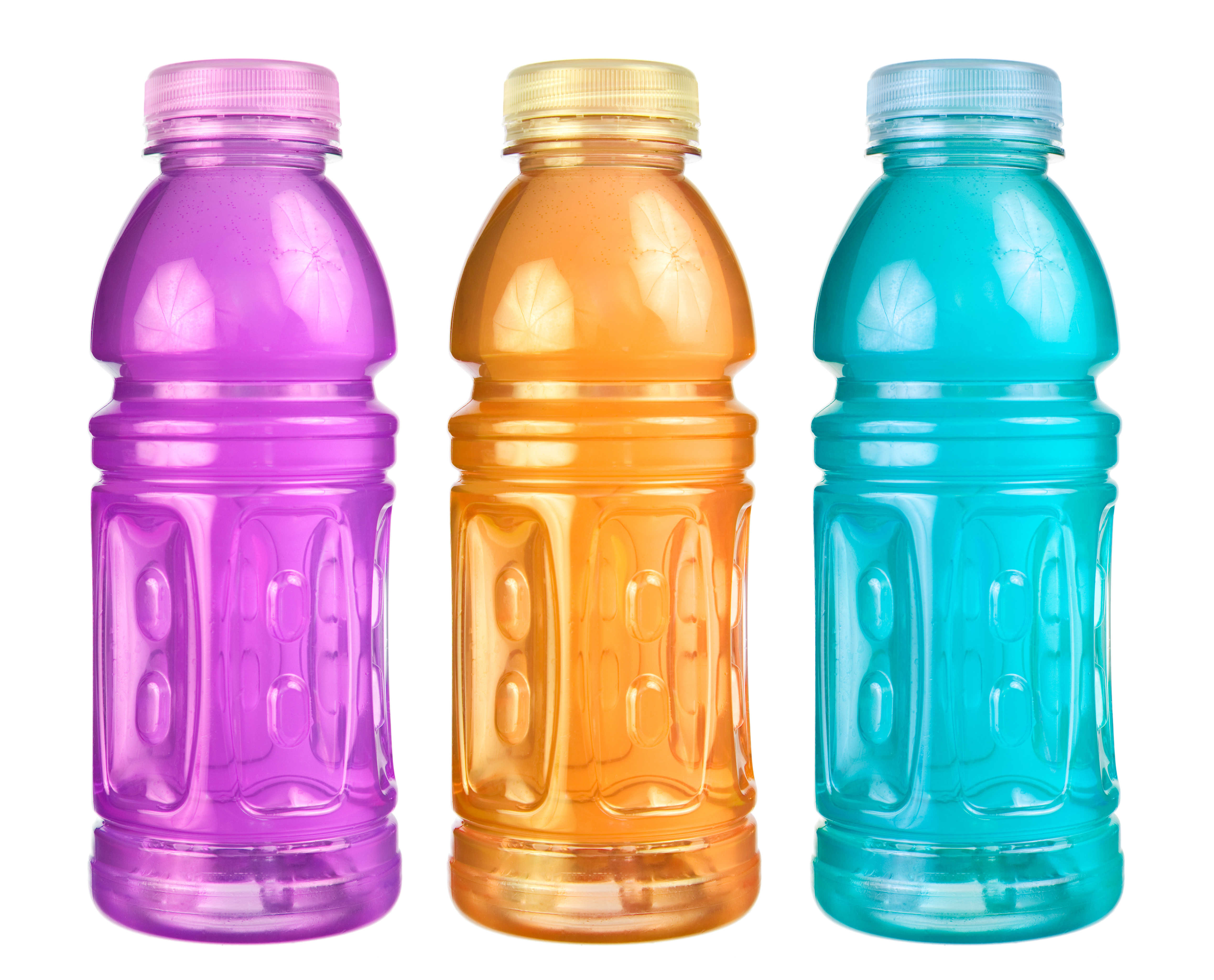Fact or Fiction?
There are lots of myths about sugar out there, which of them are fact and which are fiction? Find out what our registered dietitian has to say!
This article was contributed by Debbie J., MS, RD
What is Fact and what is fiction?
How do you know what is fact or fiction? There are many myths out in the world that provide readers just like yourself with false information. Luckily for you, we are here to help crack those myths specifically about sugar. Is all sugar bad? Does sugar cause diabetes? Find out more of what is fact and what is fiction about sugar.
FICTION: Sugar causes diabetes in adults.
The reality is that type 2 diabetes occurs mostly in genetically predisposed individuals who are overweight, consume excess calories (from all sources), and lack exercise. One food type is linked to a greater risk of developing type 2 diabetes: sugar-sweetened beverages. Sugars, both natural and added, are ‘simple’ carbohydrates with a 1 or 2-unit basic structure that the body easily digests. Carbohydrates that are ‘complex’ are made up of many strands of the same units. Although starches often don’t taste sweet, they break down during digestion and enter the bloodstream as sugar. One does not need to eat an excess of sugar to have high blood sugar or over-consume calories.

FACT: Sugar has the same number of calories, no matter the source.
Gram for gram, sugar units provide the same energy potential: 4 calories per gram — regardless of the specific molecule: sucrose (table sugar), fructose (fruit sugar), lactose (milk sugar), galactose, maltose, etc. When looking at the form of sugar, say a teaspoon of table sugar versus a teaspoon of honey, the sugar content will vary only slightly (4 grams & 5 grams, respectively) because of the difference in each source’s structure, air, and moisture, but the calories per gram of sugar units remain the same.
FICTION (MOSTLY): If sugar is added from a natural source it’s fine.
It really depends on the quantity and amount of processing. An all-natural candy bar with molasses, caramel, and honey can still contain a whopping 25 grams of sugar, none of which provide significant nutrients. They are considered “empty calories,” as the sugars are generally concentrated or extracted without their related nutrients. It’s the sugar’s whole source, as in the milk or the fruit, which provides nutrients and makes the sugars they contain justifiable.

Food for Thought
Fructose (fruit sugar) in a sports drink as sweetener is still an added sugar and provides only calories. Why would that be fine? A competitive athlete might need the calories without the fruit source’s solids or gut-irritating acid. Maybe he/she will drink more of a flavored beverage than plain water, improving his/her hydration.
FICTION: I don’t eat sweets of any kind so I can’t consume too much sugar.
Passing by every dessert known to man could still enable you to consume too much sugar from hidden sources such as salad dressings, dips, marinades, sauces, beverages, spreads, and bakery products (breads, rolls, crackers), as well as large or multiple servings of fruit and milk products. Imagine a day’s intake of flavored instant oatmeal, fruit, milk, mocha coffee, protein bar, salad, chicken tenders w/honey mustard dressing, fruit smoothie, teriyaki beef bowl, and flavored yogurt. In this example, one could still eat more than ¼ of their carbohydrates as sugar and over the recommended 10% of calories from added sugars.

FACT: Some sugar in the diet is okay.
After nutritional needs are met from wholesome low-calorie foods, the remaining food items to meet energy demands can be from discretionary fat, sugar or alcohol sources. The base of the diet (along with whole grains, lean proteins and plant fats) should generally contain fruits, vegetables and milk products, which then will provide natural sugars along with the nutrients found in those foods, such as Vitamins A and C, protein, fiber, calcium, magnesium, phosphorus and potassium. Besides, what fun is a birthday party without cake?
Suggested Articles

3 Year Anniversary – Living Healthy Podcast Update
Today is the 3rd Anniversary of the Living Healthy Podcast, presented by LA Fitness. Hi everyone! I just wanted to give you a quick update on what is going on with the show. We are trying to plan out 3 LIVE podcast episodes covering Exercise, Nutrition, and Sleep...

LA Fitness Easter Hours 2021
LA Fitness will be open on Easter Sunday, April 4th 2021! Modified clubs hours are below!Easter Sunday Hours Sunday, April 4th (U.S. & Canada) Club Hours: 8AM - 4PM Regular hours will resume on Monday, except in Canada (Alberta clubs be open from 8AM to 10PM,...

The Down Syndrome Ironman – Chris Nikic – Living Healthy Podcast Ep. 48
The Down Syndrome Ironman Chris Nikic attempts to be the first to complete an Ironman event with Down Syndrome. Welcome back to the Living Healthy Podcast! Today we’re going to be talking to an inspirational young man named Chris Nikic - The Down Syndrome Ironman....
Sources:
- Intake of fruit juice and incidence of type 2 diabetes: a systematic review and meta-analysis. B Xi, et al. PLoS One. 2014 Mar 28; 9(3): e93471.
- The sugar-sweetened beverage wars: public health and the role of the beverage industry. Welsh JA, Lundeen EA, Stein AD. Current Opinion in Endocrinology, Diabetes and Obesity. 2013 Oct;20(5):401-6.
- American Heart Association “Sugar 101”
- American Diabetes Association “Diabetes Myths”
- 2015-2020 Dietary Guidelines “Key Recommendations”

